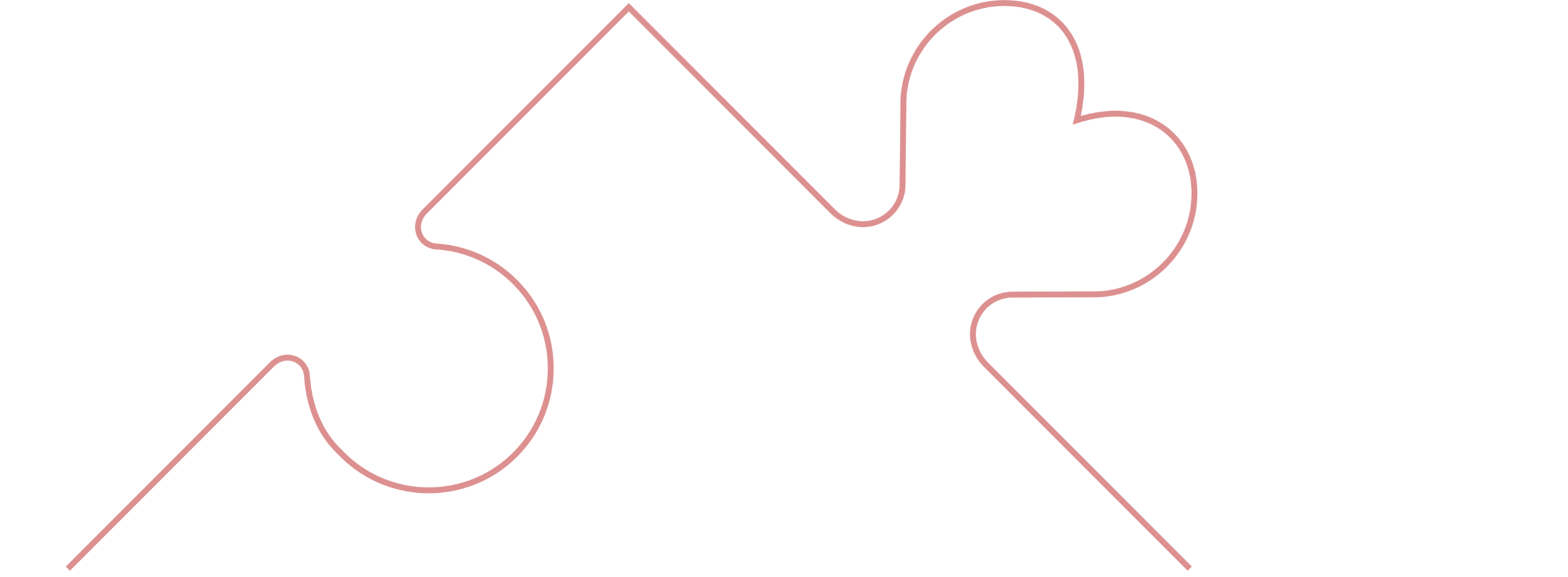
Catching
Patterns


What is Cognitive Behaviour Therapy (CBT)?
I believe that therapy is about helping you restore your understanding and trust (both within yourself and with others). CBT works to help guide you to this goal, alongside your other personalised goals that you will have for therapy. To do this, it works by looking at specific areas of human reaction and behaviour that may occur when we are triggered by various negative experiences.
We do this by looking at your thoughts (which we call your Cognitions and they can be despairing, anxious and self-critical in nature), your behaviours (which can be the things you did or did not do when triggered and this can either escalate or deescalate your distress) and your emotions (i.e. anger, worry, depressed and so forth).
We call this triad (meaning the connection between your thoughts, behaviours and emotions) a "vicious cycle”. Simply because when we are unaware or afraid to try a different reaction to our triggers, this has the possibility to keep us stuck and in a self-fulfilling prophesy, which then reinforces our unhelpful thinking and negative emotions to the trigger.
The consequence of this means we may feel unable to live life from our values and/or get stuck in narratives that do not support/serve us to live meaningful peaceful lives.
That is not to say that CBT is blaming you for your reactions/feelings, it is the contrary, CBT is helping you discover where your control is, in sometimes what can feel like an uncontrollable situation. It gives you skills to better manage, knowing that it's not about trying to "get it right all the time" but being open to the learning that may come from triggering moments, which thus can help us with our emotional regulation.
If you would like to read more about CBT and its efficacy in helping people like yourself, please see here. I also have a blog post explaining my approach further, which you can find here.
My approach to CBT:
I offer a bespoke collaborative experience. I do this not only by using fundamental CBT principles, but also by ensuring that:
1) treatment honours your diversity/identity characteristics.
2) safe space for us to name important contextual and societal issues that may play a role in your emotional distress.
3) using art to explore concepts of: self, emotions, reactions, subconscious patterns, spirit and authenticity.
My method of drawing draws upon basic innate intuitive principles of African Centred Psychology/Spirituality (which by its philosophy means, anyone can do it, if they are willing to participate). I call this model Trust In Spirit Freedom Art (TISFA), as it focuses on drawing from intuition and finding safe authentic self-expression.
To see examples of what we can create please see client session drawings here.
-
Your Identity markers are openly discussed and considered i.e. race, culture, spirituality, sexuality and so forth
-
Space for conversations around race and racism and managing stress from this
-
Support for those living with a long-term health condition i.e. MS, COPD, POTs, diabetes and so forth
-
Exploring creative outlets via art, dance, music and nature
-
Holding a Safe, genuine, and holistic space
-
Using guidance from the Black Psychology African Centred Therapies Diploma
-
Using evidence-based practice from CBT
-
Mental health work experience over 11 years, from primary schools, CAMHS, to Domestic Violence and Secondary Care (including family interventions services i.e. behavioural family therapy)
-
Group work experience using Tree of Life model and TISFA model
-
Can be 1:1 or group
-
virtual or face to face sessions (currently only virtual sessions available for 1:1 sessions)
Our working relationship
-
I will be honest where I do not have the knowledge/experience to help.
-
Our work together will be collaborative
-
You will turn up to sessions as honestly as you can
-
We are learning from each other
-
You will be mindful of treatment terms and conditions